In this week’s parsha, we meet two extraordinary women, two midwives. They defied Pharoah because they believed that his decree – to kill all baby boys born to Jews – was immoral and against God’s values and plan for the world.
You know when you disagree so much and you just know you’re right? What do YOU do?
These midwives stuck by their convictions and saved those Jewish baby boys!
But then what happened? The verse tells us that when Pharoah demanded an explanation, they told him that they just couldn’t help it: the Jewish women give birth so quickly, the midwives always missed the birth!
The Torah then tells us that “because they feared G-d, he made houses for them” – what are these “houses” and more importantly, who is the “he” that is making these houses? Pharoah or God? (What is the antecedent for this subject?)
One commentator (Rashi) says that the consequence for fearing God was that God, Himself, rewarded them with dynasties (houses) of leadership (political and spiritual).
Another commentator (Rashbam, Rashi’s own grandson) suggests that it was Pharoah who made these houses, and the houses refers to prisons. He basically kept the midwives under house arrest to prevent them from continuing to help the Jewish women.
What we see from here, from these two approaches, are the 2 possibilities that sticking by your convictions will yield:
One may receive reward, and find the outcome that is most desired (Rashi)! But, sometimes, one can do the right thing and end up being penalized or punished (as Rashbam understood).
Have you had either one happen to YOU? Have you done the “right thing” and been rewarded (i.e. a happy ending)? Or have you done “the right thing” and unfortunately experienced a harsh consequence?
The Torah testifies for us, however, that this WAS the right thing to do – and that’s what we have to remember when the result of doing the right thing isn’t what you’d expect or want.

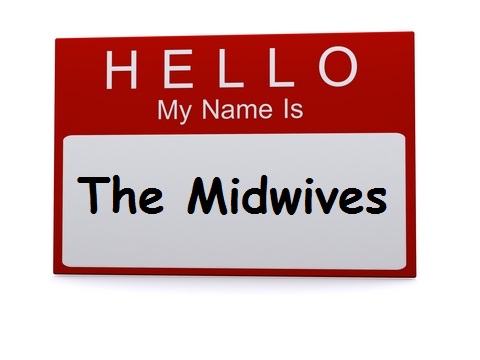

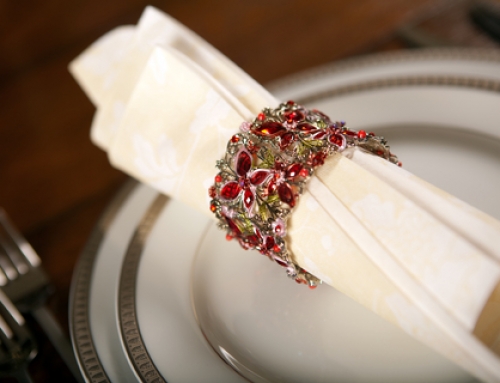
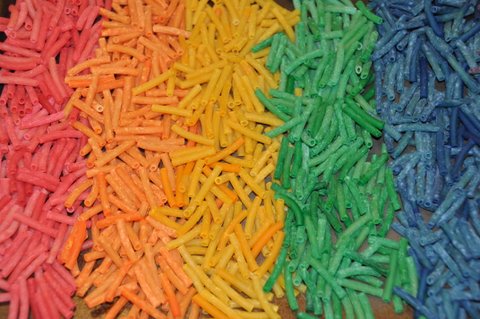
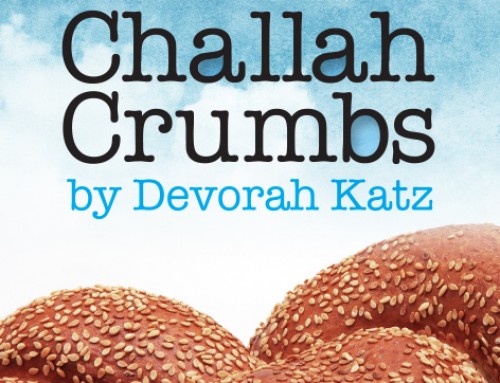
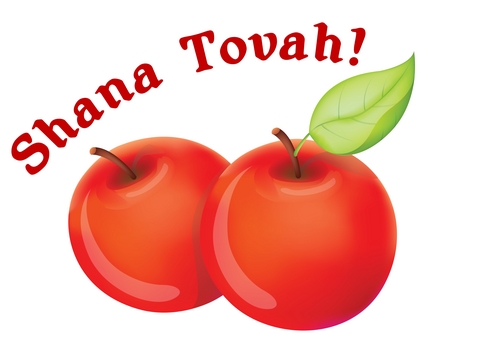
Leave A Comment